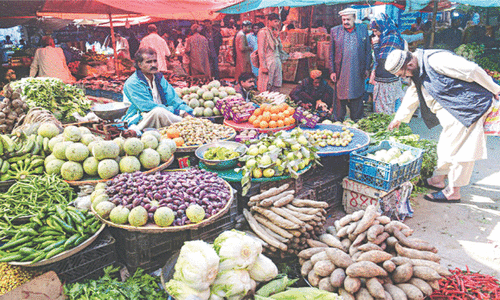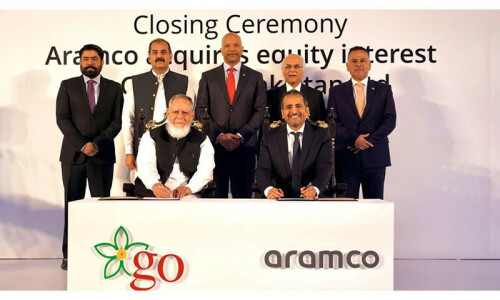BANGKOK, May 25: With global energy demands continuing to rise, especially in developing countries, mergers and acquisitions are expected to grow robustly during the next several years.
At the recent Deloitte Oil and Gas Summit in Bangkok, Steven Yap, the firm's energy and resources leader, said many national oil companies (NOCs) and oil services companies were expanding beyond their borders and creating different competition models. "The supply side faces many challenges in meeting demand," he said.
The global economy's protracted fragility and continual supply-region political uncertainty have forced consuming nations to re-evaluate their long-term energy risks.
"Many countries are stockpiling reserves and others are venturing overseas in search of new reserves," he said.
Despite high global inventories, oil prices have remained steady at US$80-$115 per barrel, he said.
The high inventories and huge shale and tar-sands deposits in the United States and Canada have not altered the world's long-term view that oilfields, especially in the Middle East and Venezuela, are depleting, and consuming countries must look elsewhere for energy security.
"US shale reserves are as big as Saudi Arabia," Yap said.
No matter what happens, China and India will continue to need more energy to fuel their economies.
"India now uses coal but in the long run it will move to gas," he predicted. Even Malaysia became a net oil importer last year.
"Malaysia companies are now even buying Brazilian resource companies."
New technologies that allow deepwater exploration are also playing a major role in oil and gas mergers and acquisitions.
"Brazil has 298 oilfields, Malaysia 150 and Myanmar 30," he said.
Deepwater explorations will continue in the near future as technology improves. "This industry has spawned a new and vibrant support services industry."
For instance, Indonesia has become the world's biggest rig supplier. "These rigs cost about $200 million each to build," he noted.
It has also brought massive changes to traditional oil and gas supply chains. In the past, Chinese companies shipped parts to Singapore for assembly.
"Recently, Singapore companies have been buying Chinese shipyards and moving the assembly processes there."
In the past several years, many NOCs, particularly in the Asia-Pacific region, have expanded beyond their borders to supplement their domestic market supplies and build up reserves.
PTT Exploration and Production, through an overseas subsidiary, invested $2.2 billion in Sakari Resources, which operates coal mines in Indonesia.
Three Chinese NOCs - CNOOC, Sinopec and CNPC/PetroChina - were particularly active from 2010-12, buying more than $75bn in energy assets, mainly overseas. Chinese outbound energy investments have primarily been in South America, Canada, Africa and Australia.
Japanese and South Korean companies have also stepped up their overseas acquisitions to ensure access to energy required to drive economic growth.
"The Japanese government's decision to phase out nuclear power by 2040 will undoubtedly increase its dependence on oil and gas," Yap said.
Last year, reported energy transactions involving Asian companies increased 33 per cent to $90bn. Perhaps most important, Asian companies spent 73 per cent of the funds for overseas energy purchases.
Although may Asian NOCs will continue investing overseas to gain access to energy supplies, some companies have also leveraged their expertise to build overseas companies to service the growing global energy industry.
"Kencana, a Malaysian oil-services company, made several overseas acquisitions, including one in Norway. Many oil services companies are following their NOCs overseas."
International oil companies (IOCs) will still have major roles in the global energy industry.
"The IOCs remain attractive venture partners because they often possess the critical high-level expertise, innovative technology, financial strength and international experience that may not be readily available in NOCs."
Cross-border partnerships are important for IOCs because they allow NOCs to enter many restricted domestic markets with favourable tax and financing agreements.
The next few decades could also see a shift in power to the NOCs as global supply and demand equations remain tight and high prices are prolonged. — The Nation/Asia News Network













































Dear visitor, the comments section is undergoing an overhaul and will return soon.